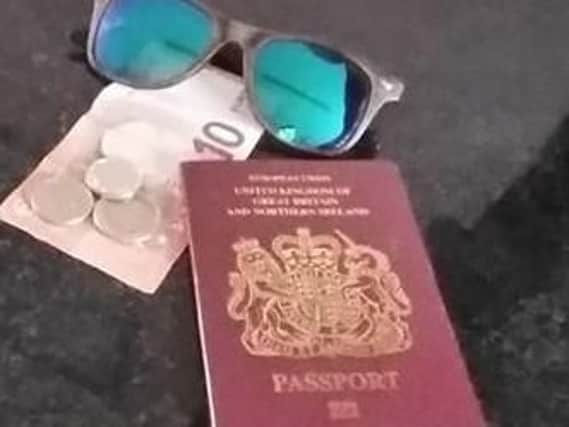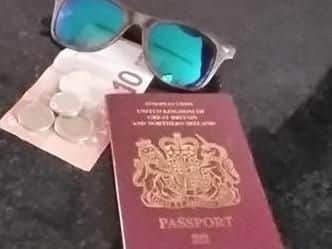Living abroad after Brexit - what do I need to know?


We aren’t Spanish residents but as we approach full retirement we have the option of spending much more time there, although probably not as full time residents. How will Brexit impact foreign home owners who aren’t residents of the country in question?
A: If the UK leaves the EU with a deal, then an agreement on citizens’ rights will allow UK nationals to remain living in other EU countries after March 29 until at least 31 December 2020. You will not need to apply for a visa to travel or work in the EU during this time.
Advertisement
Hide AdAdvertisement
Hide AdHowever, it becomes more complicated if we leave without a deal, and each EU country could deal with things differently.


Since it is Spain you are visiting regularly, then there's some good news - the Spanish Government has launched a new section on its website to help UK nationals in Spain prepare for EU Exit.
It covers topics such as registration, healthcare and education, and confirms the Spanish government’s intention to safeguard the interests of British nationals in the event of the UK leaving the EU without a deal. Further legislation via royal decree is expected shortly.
The UK government has also set up a number of outreach meetings for UK citizens who are living abroad. The next ones in Spain will be held in Madrid on March 21, Santiago de Compostela on March 25 and Bilbao on a date to be confirmed. Visit www.gov.uk/government/news/information-and-events-for-british-citizens-in-spain for the full details.
Advertisement
Hide AdAdvertisement
Hide AdIn terms of visas, the European Commission has proposed that in a no deal situation, you would not need a visa for short stays in the Schengen area (this includes Spain) or elsewhere in the EU. You would be able to stay for up to 90 days in any 180-day period. Visits to the Schengen area within the previous 180 days before your date of travel will count against the 90-day limit.
Spain is threatening to block any visa-free travel, as it wants to Gibraltar be described as a colony in the Brussels statute book, but talks on this are still underway.
If you are intending to stay in the Schengen area for longer than 90 days, or your stay would take you over the 90 days in the 180-day limit, you may need to get a visa before you travel.
On arrival in the Schengen area, you may be asked to confirm that you have sufficient funds available for the duration of your stay. Different border control checks will apply, and you may also be asked to show a return or onward ticket. UK nationals would not have an ongoing right to use the separate lanes provided for EU, EEA and Swiss nationals.
Advertisement
Hide AdAdvertisement
Hide AdThe 90-day visa-free period does not entitle you to work in the Schengen area. Most countries will require a visa and work permit, but this shouldn't affect you if you are retired.
In terms of your property, the UK will become a third country on March 29, meaning UK citizens owning property abroad will be exposed to local laws without protection from the EU. However, this mostly applies to purchases, mortgages and deposits, so this won't apply to you if you already own the property.
Another benefit is that ex-pats in Europe have enjoyed seeing their pensions go up every year in line with wage or price inflation while those in non-EU countries have had their pensions frozen. In the case of a no deal Brexit, the UK will be a non-EU country and pensions will be frozen.
What to do next?
- You must register with the Spanish government if you are planning on staying in Spain for more than three months, which could be the case once you have both retired.
Advertisement
Hide AdAdvertisement
Hide Ad- Follow the British Embassy, Madrid, on Facebook and Twitter
- Sign up for email alerts about living in Spain at www.gov.uk/guidance/living-in-spain
What else do I need to think about?
- Using your mobile phone in the EU may be more expensive. Your mobile operator may not provide free roaming in the EU so check with them before you travel.
- If you intend to use a bank card or other financial services in the EU after exit, this may be affected. Read more about using a bank card, insurance or other financial service in the EU at gov.uk.
- You may need an international driving permit and a green card if you are planning on driving while you are over there.
Visit www.gov.uk/foreign-travel-advice/spain for more information.
